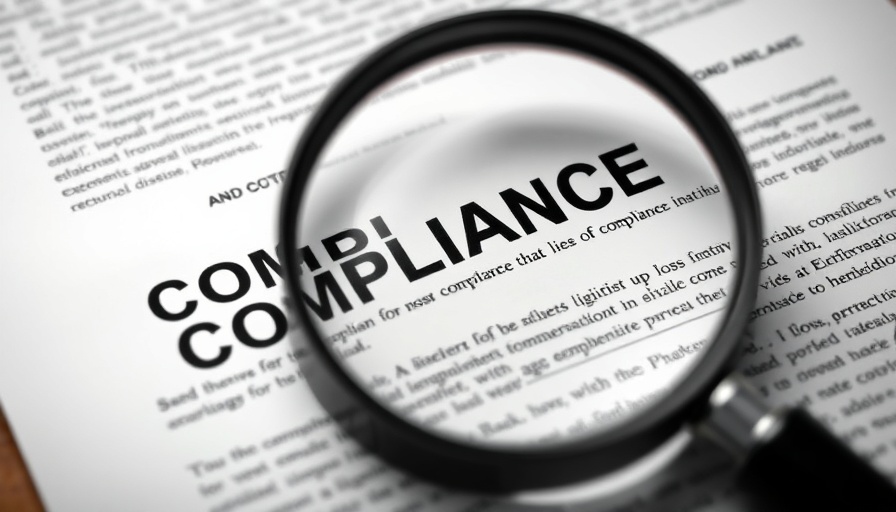
The Recent Legal Ruling: A Shift in Employee Accommodation Rights
A recent ruling from a federal judge in Louisiana has generated waves in the legal landscape concerning accommodations for pregnant workers, particularly regarding the inclusion of elective abortions under the Pregnant Workers Fairness Act (PWFA). Well-known for advocating the rights of pregnant employees, the PWFA has now seen a significant alteration following the judge's decision to strike down the Equal Employment Opportunity Commission’s (EEOC) provisions that included abortion as a protected condition.
Understanding the Impact of the PWFA
The Pregnant Workers Fairness Act was originally designed to protect employees by mandating reasonable accommodations for physical or mental conditions related to pregnancy and childbirth. However, the recent ruling has left many HR compliance officers and legal counsel reevaluating their policies. While the act still protects against discrimination related to pregnancy, abortion is no longer classified as a condition requiring accommodation.
Legal Interpretations and Implications
The judge's decision came amidst a backdrop of criticism from religious organizations and conservative states, emphasizing that Congress did not intend for the EEOC to include abortion in the PWFA provisions. This ruling undermines the broader protections advocates had hoped for, narrowing the definition of pregnancy-related accommodations. As we navigate these evolving labor laws, it's vital that HR practitioners stay informed in order to ensure compliance with both federal and state regulations.
Future Trends in Employee Benefits
In light of this ruling, organizations must carefully consider how they adapt their workplace policies. With the changing landscape of employee rights, incorporating flexible leave policies and ensuring clear communication around procedures could help mitigate backlash or legal challenges in the future. This legal decision underscores the necessity for each organization to precisely define the boundaries of their policies regarding pregnancy-related accommodations and employee health benefits.
The removal of abortion as a protected condition hints at a larger trend in labor laws that may evolve over time, particularly with shifting political landscapes influencing workplace regulations. Stakeholders must remain vigilant about changes in employment regulations to uphold equitable practices within their organizations.
 Add Row
Add Row  Add
Add 




Write A Comment